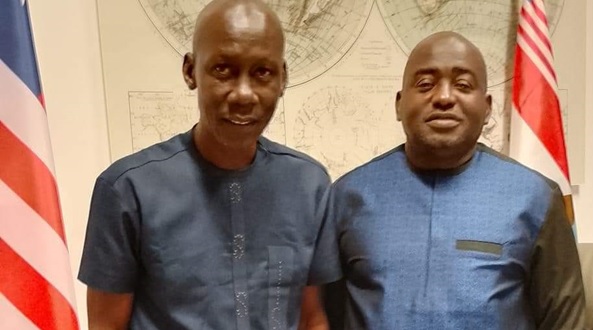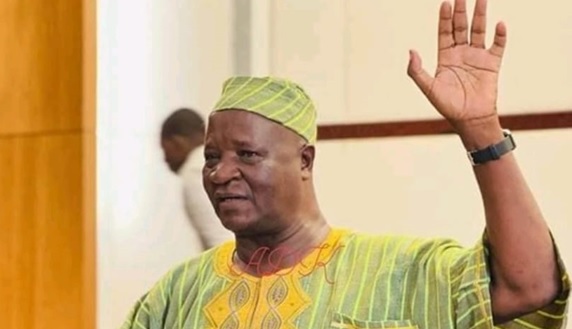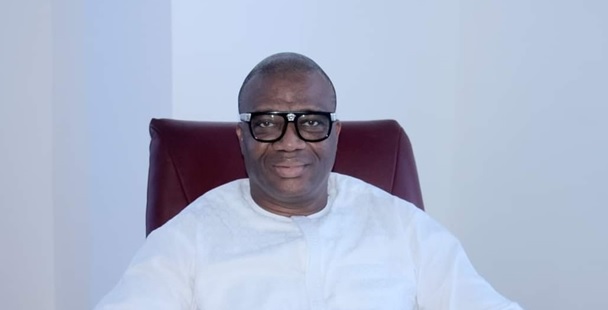MONROVIA – A recent virtual dispute has intensified political tensions, following a Facebook post by Mark B. Jabateh that praised the Yellow Machines Campaign—a project aimed at improving the country’s severely deteriorated road infrastructure. Jabateh’s post suggested that Honorable Musa Hassan Bility had shown support for the initiative during a conversation, despite previous political disagreements.
In his post, Jabateh conveyed that his interaction with Bility was productive and that the representative had endorsed the idea of bringing heavy machinery into Liberia. He claimed that Bility’s earlier criticisms were politically motivated rather than reflective of his genuine views on the need for infrastructure improvements. Jabateh expressed confidence that President Joseph Nyuma Boakai Sr. would achieve significant success with initiatives like the Yellow Machines Campaign, emphasizing the importance of addressing Liberia’s road conditions.
However, Bility quickly refuted Jabateh’s claims, issuing a stern response that challenged the accuracy of Jabateh’s statements. In a pointed statement, Bility advised Jabateh to correct his post, warning of potential consequences if the misinformation was not addressed. Bility remarked, “Mr. Jabateh, it would be in your best interest to correct yourself, or I will take it upon myself to correct you. I do not tolerate any mockery of my position. If you wish to remain relevant to your boss, find other ways to do so.” He expressed his disappointment and firmly rejected Jabateh’s portrayal of their discussion.
Bility further expressed his displeasure by announcing that Jabateh was no longer welcome in his office and criticized the decision to grant Jabateh a photo request as a mistake. The representative reinforced his position by stating, “My stance on the YELLOW MACHINE remains unwavering. The law is the law, and it must be respected.” Bility’s response underscores his commitment to maintaining the integrity of his office and upholding legal and ethical standards.
The conflict highlights the growing friction in Liberian politics, particularly concerning infrastructure projects and political endorsements. The Yellow Machines Campaign, which aims to address critical road maintenance issues, has become a contentious issue, with public figures and politicians offering differing views on its implementation and significance.
Bility’s strong reaction reflects wider political dynamics and the sensitivity of public statements in a highly polarized environment. The clash between Jabateh and Bility underlines the challenges of navigating political endorsements and managing public perceptions.
As Liberia continues to face significant infrastructure challenges, the debate over the Yellow Machines Campaign serves as a focal point for both political discourse and public concern. The controversy not only illuminates the complexities of political communication but also raises questions about how infrastructure projects are supported and represented within the political sphere.
In the aftermath of this dispute, it remains crucial for political leaders and public figures to address issues with transparency and accuracy. The resolution of this conflict may influence future political interactions and impact public trust in both the Yellow Machines Campaign and broader infrastructural initiatives in Liberia.







